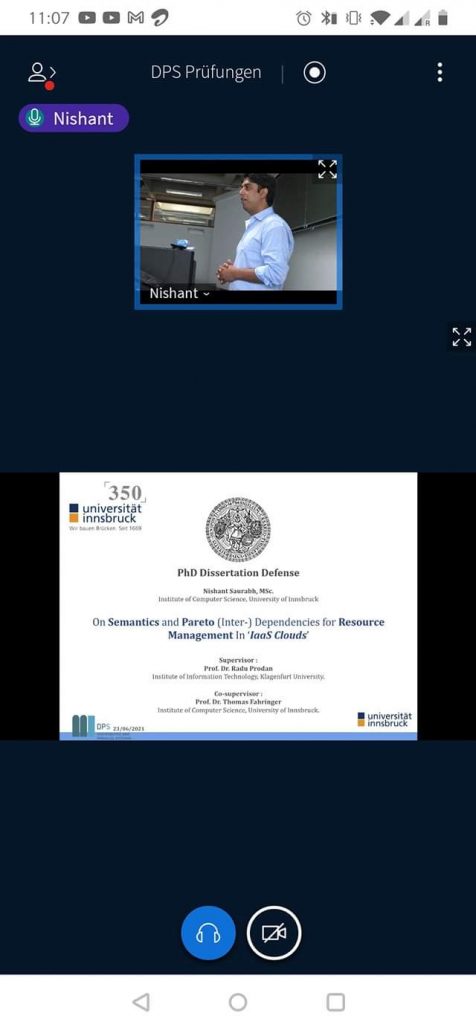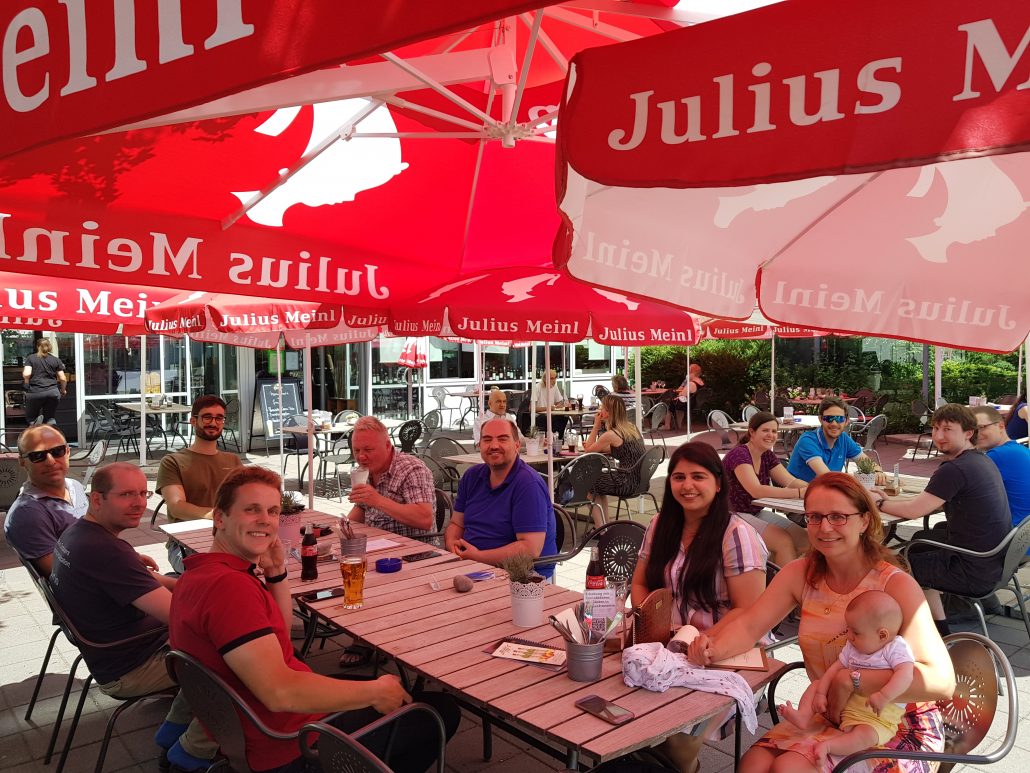The manuscript “Mobility-Aware IoT Application Placement in the Cloud — Edge Continuum” has been accepted for publication in the A* (IF: 5.823) Journal – IEEE Transactions on Services Computing (TSC).
Autors: Dragi Kimovski, Narges Mehran, Christopher Kerth, Radu Prodan
Abstract: The Edge computing extension of the Cloud services towards the network boundaries raises important placement challenges for IoT applications running in a heterogeneous environment with limited computing capacities. Unfortunately, existing works only partially address this challenge by optimizing a single or aggregate objective (e.g., response time), and not considering the edge devices’ mobility and resource constraints. To address this gap, we propose a novel mobility-aware multi-objective IoT application placement (mMAPO) method in the Cloud – Edge Continuum that optimizes completion time, energy consumption, and economic cost as conflicting objectives. mMAPO utilizes a Markov model for predictive analysis of the Edge device mobility and constrains the optimization to devices that do not frequently move through the network. We evaluate the quality of the mMAPO placements using simulation and real-world experimentation on two IoT applications. Compared to related work, mMAPO reduces the economic cost by 28% and decreases the completion time by 80% while maintaining a stable energy consumption.








